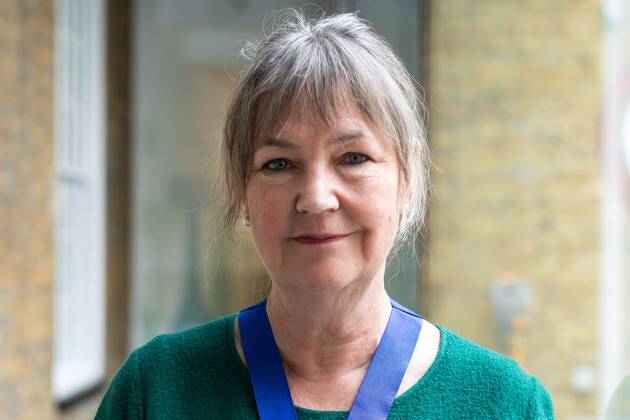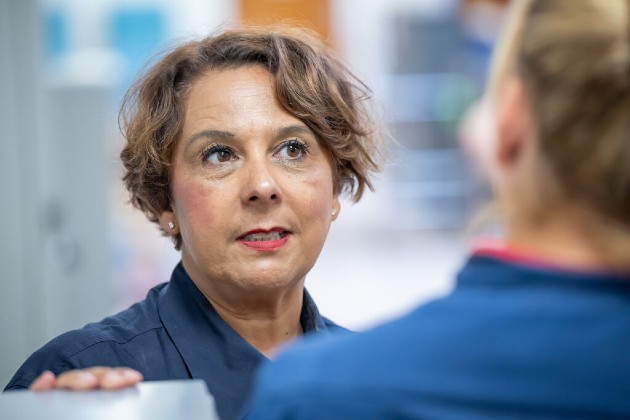We’ve had guidelines for telephone triage, particularly in out-of-hours practice, for many years, and there was a push to further increase access through digital means even before the pandemic.
However, respecting a patient’s preference and checking they’re happy with these types of appointments will always be essential.
Many of us are ready to embrace the benefits that using new technology can bring. There’s more flexibility for patients who might be able to take 10 minutes out of work for a digital consultation but who might have struggled to arrange time off for travel to and from an appointment, as well as the appointment itself. There’s potentially a positive environmental impact too, with fewer people travelling.
Many of us are ready to embrace the benefits that using new technology can bring
Nursing staff can get more from these kinds of consultations as well. At a recent learning disability nursing conference, it was reported that many people with learning disabilities felt more comfortable not having to travel to a clinical area and when they felt more at ease, they provided more information for the clinician.
Considering the individual
Patients are individuals with a range of views. For some the idea of a remote consultation will just be too de-personalised. For others it will provide the perfect separation which makes them feel more comfortable talking about personal and sensitive information. Some will be put off by clinicians typing while they speak. For others this won’t be a problem.
From our point of view, we must question whether we’re seeing the whole picture. Patients can look better than they are on a screen – and although we can ask patients to send us a photograph of their rash, for example, this isn’t seeing the patient holistically.
We need pathways, processes and more secure and standardised guidance to protect us all
Remote consultations don’t work all the time either. Sometimes you need to put your hands on a person, perhaps to feel the difference between gastroenteritis or appendicitis. We also need to consider the vulnerability of some patients. For example, some under-fives can go downhill quite quickly. In these cases we need a lower threshold for seeing people which takes this into account.
It’s clear that with remote and digital consultations being used in more settings, we need pathways, processes and more secure and standardised guidance to protect us all.
Getting the training right
So how do we train people to make these consultations effective?
We should hone our body language and communication techniques. Whatever environment we're in it's important to look and be professional. Are we considering how we’re conducting ourselves and if we’re sitting in the right way when on camera?
Remember that using Wi-Fi isn’t always a perfect science. We need to provide reassurance and manage our patients' expectations by explaining from the outset that if there's an interruption, we will get back to them, perhaps using a different method. If your connection temporarily fails, you can find yourself interrupting each other, which needs careful management if you’re discussing something sensitive.
Gain consent for the appointment. You need to make sure you’re both in a confidential space and that your patient is happy to talk to you in that space. It's important to check it's OK to speak now and ask if the patient would like you to call back when they’re in a more private place.
Consider what may be happening off-screen. We need to be aware that everything we’re saying may be recorded. That content can be edited and shared on social media worldwide in a matter of moments.
Don’t be put off, whatever your experience. While more newly registered staff will have the advantage of working in this way from the outset, more experienced staff may have the benefit of existing face-to-face relationships with patients which might make the conversations easier. Don’t be put off by one bad experience – everyone is still getting used to different ways of working.
Find out more
- Ellen proposed a debate on the impact of digital consultations on nursing and health care at RCN Congress 2022.
- Read Top tips for digital consultations.








